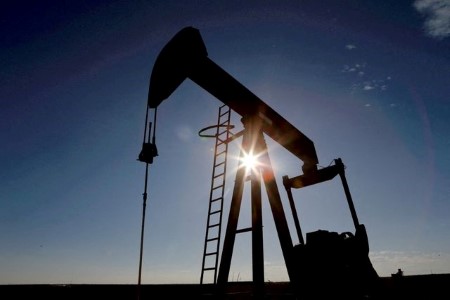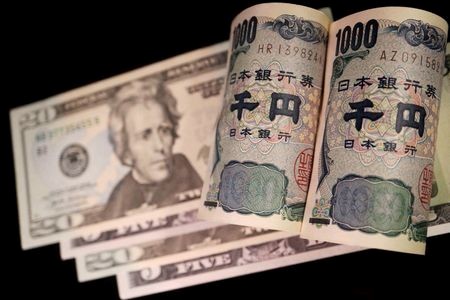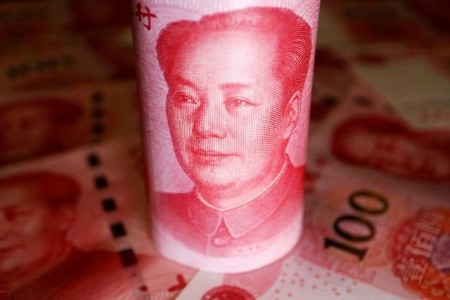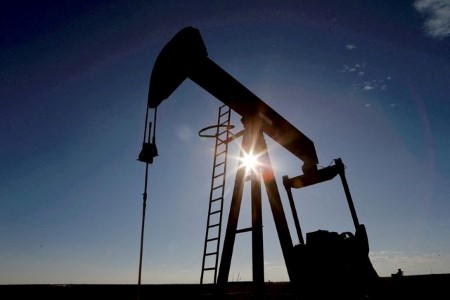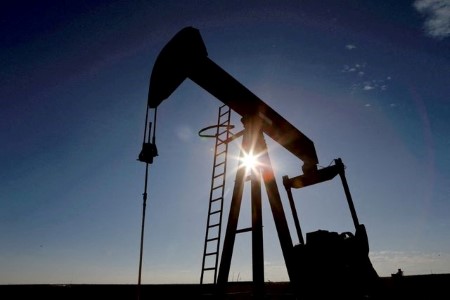DAVOS, Switzerland/MANILA, Jan 18 (Reuters) – Philippines President Ferdinand Marcos Jr said his country would resist global recessionary headwinds, but warned that increasing tensions in the South China Sea were harming trade.
Marcos was bullish about the country’s economic prospects in a speech on Wednesday at the World Economic Forum’s (WEF) annual meeting, which has been dominated by talk of an impending global recession brought on by the cost of living and energy crises.
“My belief is that as long as the unemployment rate stays low, we will be able to resist the recessionary forces,” he said.
He said the upskilling of his country’s labour force was powering economic growth, including remittances from overseas workers.
But increasing tensions in the South China Sea were affecting trade on all of the exchanges in the region, he said.
“The future of the region has to be decided by the region, not outside powers,” he said.
Earlier, Marcos said he expects the domestic economy to grow around 7% this year, saying strong fundamentals, prudent fiscal management and reforms in key sectors will cushion against risks from a potential global recession.
The Southeast Asian country, which will announce its 2022 economic performance on Jan. 26, also expects last year’s gross domestic product growth to be faster than the 6.5%-7.5% target.
“Our strong macroeconomic fundamentals, fiscal discipline, structural reforms and liberalisation of key sectors instituted over the years have enabled us to withstand the negative shocks caused by the pandemic and succeeding economic downturns and map a route toward a strong recovery,” Marcos was quoted as saying in a statement his office issued on Wednesday.
Marcos was in Davos, Switzerland this week for the World Economic Forum, accompanied by his economic team and several Philippine business executives. There he met with potential investors to seek support for his infrastructure development programme.
Pent-up domestic demand following the removal of pandemic restrictions propped up economic growth last year and will continue supporting consumer spending this year, Bangko Sentral ng Pilipinas Governor Felipe Medalla said on Jan. 10.
“Our actual projection is 6.5 (percent for 2023) but there are signs that we might be able to surpass that,” Marcos said in Davos, where he also presented his proposed sovereign wealth fund to potential investors.
He said they were mainly introducing the idea. “We want people to be aware that this is in the pipeline. This is something that we can look forward to, and that we will be able to utilize for the continuing development in the Philippines,” he said.
Critics have raised concerns over the transparency and governance of the wealth fund, which has been approved by the House of Representatives, and is pending deliberation in the Senate.
Under the bill, state lenders Development Bank of the Philippines and Land Bank of the Philippines would provide a total 75 billion pesos (USD 1.37 billion) for initial capital, while the central bank will contribute subsequently through dividends.
The Philippines is also grappling with soaring prices of onions, widely used in many local dishes, and prompting the government to approve emergency onion imports.
Marcos said prices had already started to come down thanks to the imports, but in the long term there was no getting around the need to increase production.
Asked about criticism that poor planning by the government, such as delayed decisions on imports, was to blame for the situation, he said the government had great difficulty in determining how much they had and also blamed illegal imports.
“We have a better handle on it now and I think we can see it in terms of our scheduling of our buying,” he said. “But the long term solution is productivity.”
(Reporting by Enrico Dela Cruz; Editing by Alexander Smith, Elaine Hardcastle)







 DOWNLOAD
DOWNLOAD




